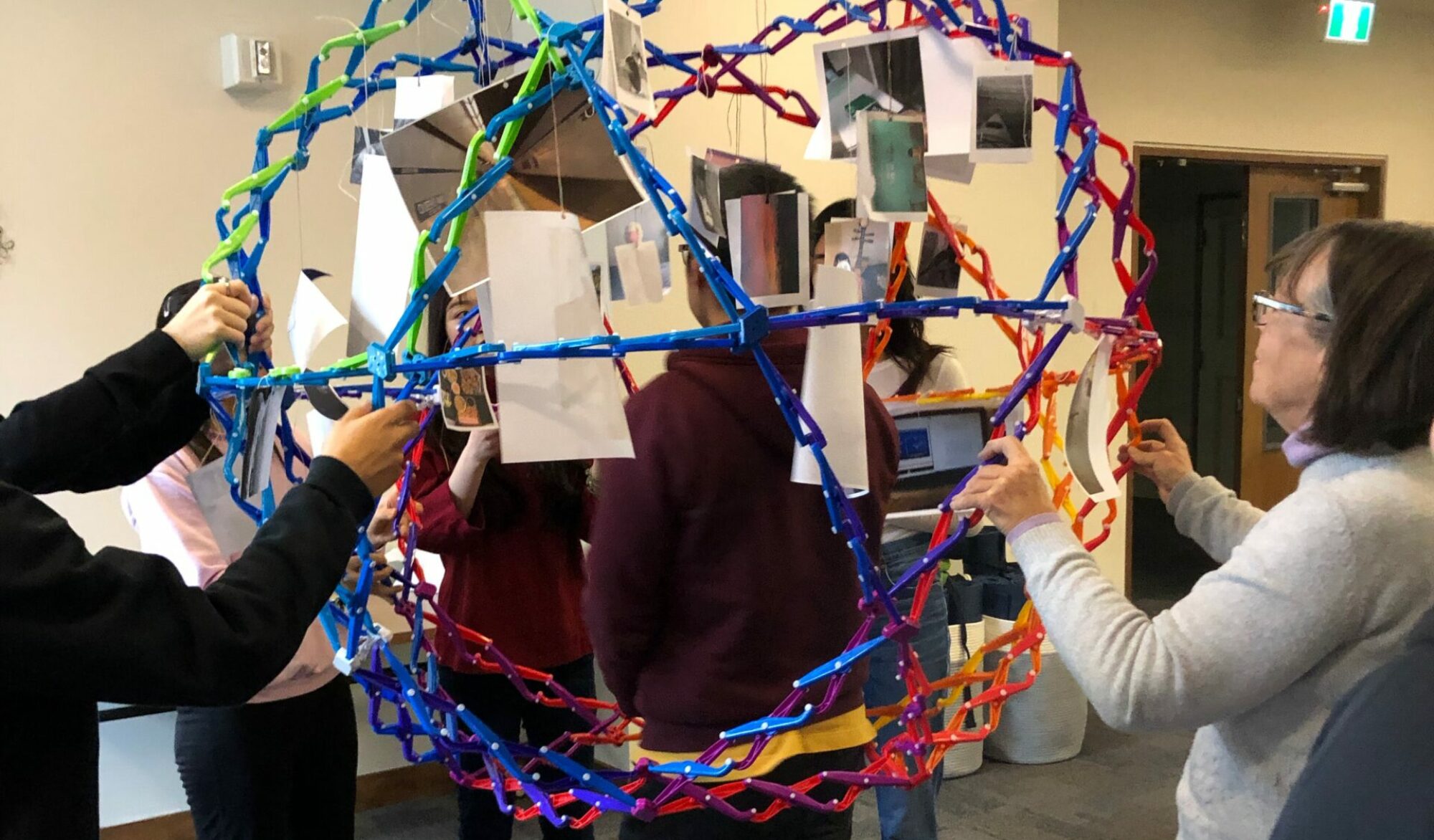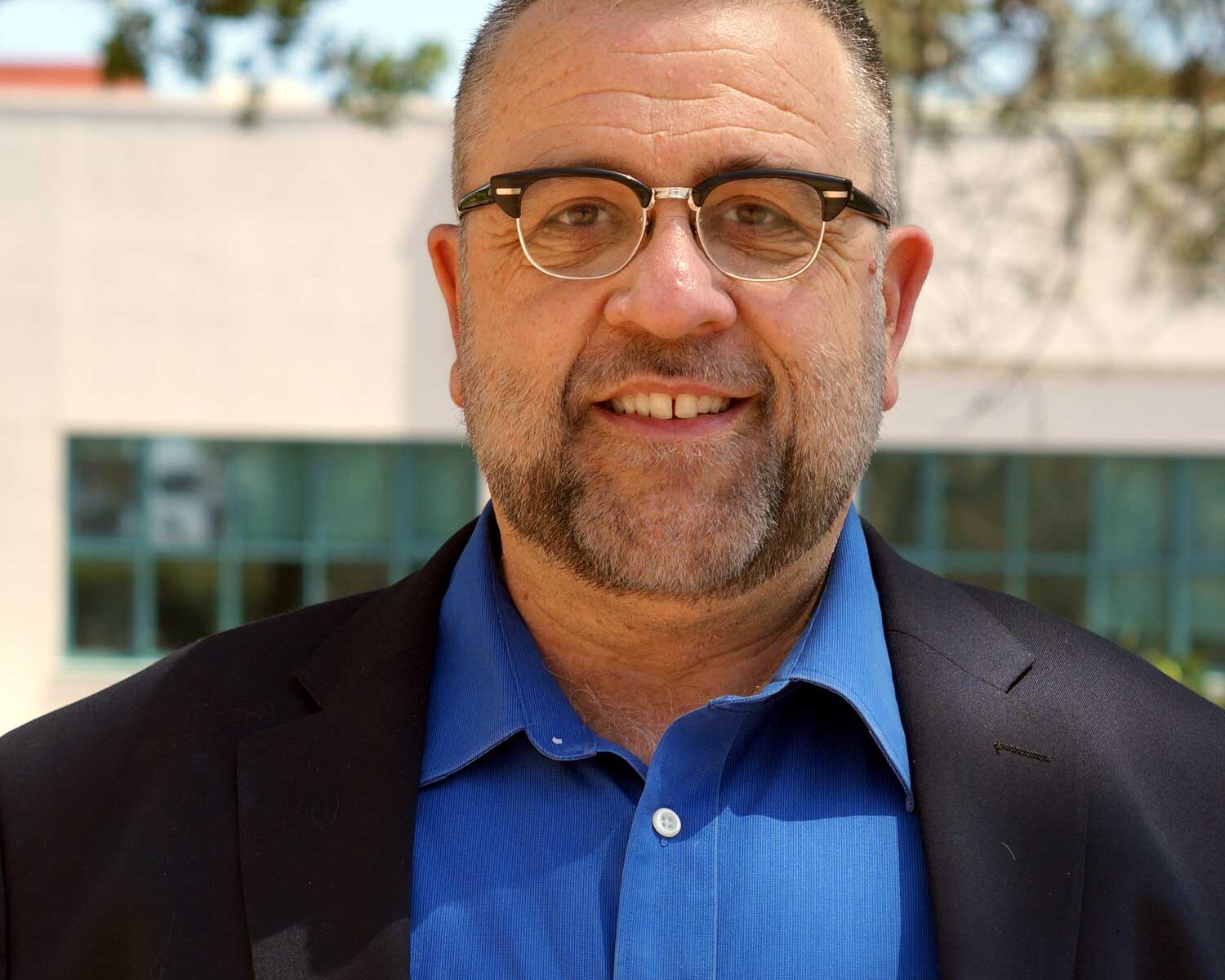Description
José Cabezón is the Dali Lama Professor of Buddhist Studies at the University of California Santa Barbara. Among his many contributions to the field of Buddhist Studies, José served as the president of the American Academy of Religion in 2020 and his Presidential Address (published in the Journal of the American Academy of Religion in September 2021) surveyed the study of Buddhism in North America as an academic discipline within religious studies. In this episode, he reflects on how he balances his research with teaching various undergraduate and graduate courses. His teaching is organized around a spectrum of topics that give students the skills they need as they develop their study of Buddhism. He brings his own experiences as a Buddhist monk into the course which helps students engage with the worlds of religion and the historical context of Tibet, which is foreign to most undergraduate students. In addition to reflecting on how his teaching has changed during his career, he also analyses how the backgrounds, interests, and skill-sets of his undergraduate students have shifted. Are humanities degrees less pragmatic than other programs? We invite you to listen and hear what José says about this assumption.
Memorable Quotes
“I’m a Buddhist and I have a long background as a Buddhist. Many of my colleagues have said that they’d like to keep students guessing about their own religious background and that this serves a good pedagogical function in the class that kind of keeps students asking questions and wondering what the professors’ relationship to the material is. I, from the very beginning, have taken a different tack, and I’ve kind of come clean at the beginning about what my background is, the fact that I was a Buddhist monk for ten years.” José Cabezón
“I have a colleague who retired recently. She works in the area of religion and cognitive science. We talked about this once, about whether or not it was legally kosher to teach meditation in a public university. Her response to me, I thought it was very interesting that she said “athletes are trained and they’re told to do things, so why is this any different?” José Cabezón
“In the case of Tibet, it is important to kind of break stereotypes. I mean, the glamorization or the fetishization of Tibet as a kind of magical, mystical place where there’s flying lamas and things like that.” José Cabezón
“Simply to be able to see the history of Tibet presented, at least until a certain period of time, but more or less independent of Chinese history, that it isn’t as the history of a province of China, that Tibet kind of had its own history up until the present, that in itself is kind of eye opening for many students.” José Cabezón
“The goal in the undergraduate course, as I said, is to kind of expose them to a culture that’s very different from their own and to have them think about what it means that there are people in the world who think in this very different way. In the graduate classroom it’s really to prepare them to be experts in Buddhism.” José Cabezón
“The language class is a kind of third component to my teaching that in many ways is my favorite form of teaching because I like reading texts and I like reading texts with the graduate students. Apart from teaching them Tibetan and the nuances of reading classical Tibetan, it’s also an opportunity to have them think critically about texts, to teach them to ask questions about what the text is saying.” José Cabezón
“Undergraduates have changed insofar as we have fewer majors than we used to, maybe about a third of the majors that we used to have. I think when I first arrived here religious studies had something like 200 majors and now we have maybe 60 or 70. This is true across every discipline of the humanities, it’s not just religious studies. In part, I think that’s because students are thinking and they’re being pushed by parents to think more pragmatically, and they tend to think that humanities degrees, degrees in religious studies aren’t useful for future careers. So as a result, they tend to major in something else, but they still love the study of religion and they still love the study of Buddhism.” José Cabezón
“There is a kind of more pragmatic, professionalized mindset among undergraduates now than there was, say, 20 years ago when I first arrived at UCSB.” José Cabezón
“At the graduate level, maybe there’s more concern about professional issues, like kind of preparing for the professorhood. I mean, when I was a graduate student, we basically took classes almost in a kind of haphazard way. I think if I saw a syllabus at all throughout my entire graduate training, I don’t really remember it. It was mostly the professor would come in and say, “okay, now we’re going to read this book” or “now we’re going to study this text”, and it was very disorganized, but also kind of refreshing.” José Cabezón
“I tend to think about what makes for interesting conversations rather than what’s going to make the field or the discipline grow. I think people of my generation, in fact, I think all buddhologists in general don’t think very much, at least I don’t think very much about what the future will bring. I think more about trying to wrap up a project I started a long time ago and try to finish. So I really don’t have these kind of broad visions about what the future should be like.” José Cabezón
“The whole idea of approaching religion, approaching Buddhism objectively or scientifically, or maintaining critical distance from Buddhism as an object of study really wasn’t as strong as it is today. I mean, today people talk about the insider/outsider question and whether or not insiders are kind of compromised or whether an insider perspective gives you a greater sympathy or understanding for the religion. These questions weren’t really being asked when I first started, and therefore maybe we just kind of approached the study of Buddhism naively, in many ways.” José Cabezón
Links and References
José Cabezón’s profile page at the Department of Religious Studies, University of California Santa Barbara
The Life of Milarepa book by Tsangnyön Heruka
Tibetan Lamrim on the Kadampa website
Introduction to Tibetan Buddhism book by John Powers
The Buddha, directed by David Grubin
2020 AAR Presidential Address: The Study of Buddhism and the AAR article
Tantric Mysticism Of Tibet book by John Blofeld

